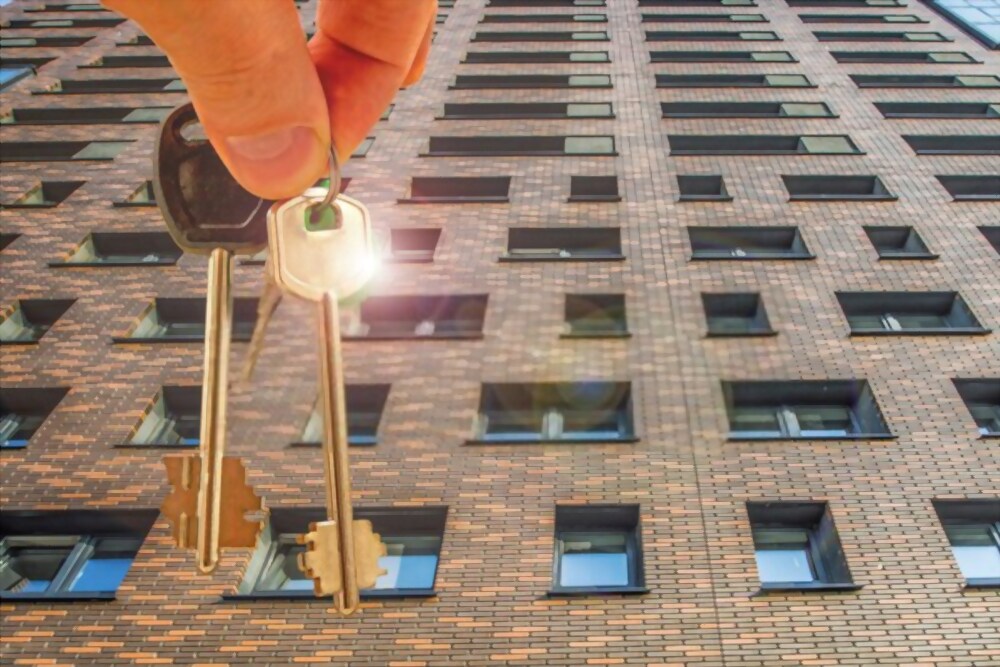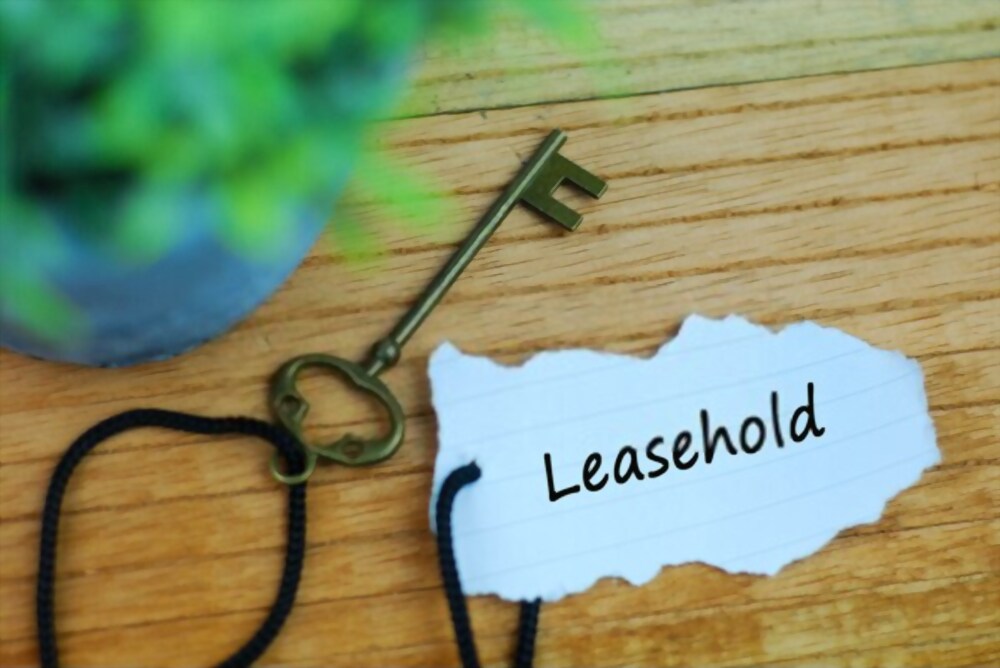Simply put, leasehold enfranchisement is the legal ability to purchase or acquire a new lease from a landlord after a group of tenants has been living in a certain dwelling for a lengthy amount of time. This law protects tenants in the period after their initial lease expires in which they would generally have no other rights. While the details depend heavily on your area, the following legal considerations should apply regardless of where you are living.
Table of Contents
1. Looking at Eligibility: Leasehold Enfranchisement
The first thing a lawyer will have to do is determine whether their client is eligible for leasehold enfranchisement. The individuals asking for an extension can be classed as “qualifying tenants” by satisfying these important characteristics:

- Holding a long enough real estate lease
- Having an perpetual renewal clause in the contract
- Having signed a ‘right to buy’ lease agreement
- Owning enough shares in the disputed property
Again, the details of these eligibility criteria will vary depending on the region so we recommend you talk to your lawyer for more information.
2. Planning for Enfranchisement
If the client has been deemed eligible, the next step will be to organised the proceedings. Finding the minimum number of tenants required for leasehold enfranchisement is a crucial first step. After this, all participants will need to enter into a formal agreement which includes the following factors:
- Voting procedures
- Negotiation processes
- Financial obligations
This is an important legal consideration as it ensures the enfranchisement will go ahead with all tenants upholding their end of the bargain.
3. Choosing a Nominee Purchaser

Of course, you’ll have to decide on someone to lead this initiative. Typically, this person is titled the Nominee Purchaser. They will conduct the later stages of the legal process and will become the new owner of the disputed real estate if the bid is successful.
Remember that this can be an arduous task requiring a lot of hard work and effort. Thus, a fulltime manager is crucial for the success of the leasehold enfranchisement. If you can find someone responsible who is willing to take on this task, there won’t be any future legal disputes because of corruption or laziness on the part of the new landlord.
4. Finances & Funding
Next, it’ll be time to sort out the monetary side of this legal process. As well as having enough to pay a fulltime solicitor, the tenants will also need to cover:
- Property valuation
- Data gathering
- Company setup
In the future, there may also be mortgages to take care of too so the possibility of deposits and loan agreements may have to be finalised at this point.
5. Property Value Assessment
In order for the enfranchisement to go ahead legally, it’s crucial to assess the actual property value. Real estate valuation is far from exact though which is why analysts usually give a best and worst case scenario. Additionally, the lawyer may have to negotiate between tenants and landlords in order to find a price that both can agree on. This negotiation can occur through the following phases however.
6. Serving the Initial Notice

This is the first major step the property lawyer will have to complete. As this is a legal document, the initial enfranchisement notice will be protected as if it was an estate contract. This move will trigger later legal proceedings which may or may not work out for the tenants (depending on the judge’s verdict). The date of this notice will supply a concrete moment from which the property is evaluated, i.e. it determines the price at which the tenants can buy apartments from the landlord.
7. Conducting Later Actions
Lastly, the solicitor will have to handle a number of other actions in order for the enfranchisement to go through. This includes:
- Providing the landlord with requested info
- Allowing the landlord to inspect their property
- Handling the landlord’s counter-notice
The lawyer may also have to withdraw the Initial Notice in certain circumstances. Note that the details of this will depend on the specifics of the case being fought.
This is just a general guide on the legal considerations that are associated with leasehold enfranchisement. To find out more details, we recommend you contact a property lawyer in your area.

